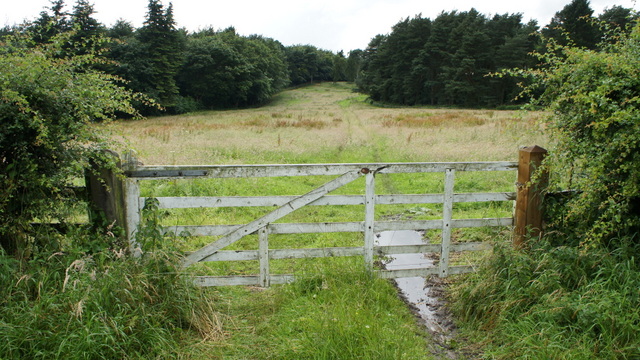In addition to the domestic RHI consultation two additional consultations were launched last week by DECC which are of relevance to the biomass heating sector.
The first consultation looks at the expansion of the commercial scheme (or Phase I launched during November 2011) and includes direct air heaters, extension of biogas support and a new specific tariff for biomass CHP (closes on 7th December 2012).
The second consultation focuses on air to water heat pumps and energy from waste (closes on 18 October 2012).
Key proposals of relevance to the biomass sector include:
- Introduction of a specific tariff for heat from biomass CHP of 4.1p/kWh
- Extension of biogas combustion tariffs to installations over 200kW
- Inclusion of biomass direct air heaters with a proposed tariff of 2.1p/kWh under 1MW and 1p/kWh over 1MW. Three options for determining the RHI payment are also presented. This could be of interest to operators of exhibition/event venues and warehouses/storage where conventional wet or underfloor heating is not feasible.
- Increased range of waste feedstocks eligible for support (to be consistent with the Renewables Obligation) and continue to pay the biomass tariff for the biomass proportion of the waste. This will extend RHI support to commercial and industrial waste.
- New requirements for energy efficiency for commercial and district heating schemes. For district heating compliance with Green Deal 'green tick' measures should be required by only a majority of the premises on the heating network. For commercial schemes the applicants will be able to choose from a range of alternative methods to demonstrate their energy efficiency (e.g. Energy Performance Certificates, Display Energy Certificates and the Building Research Establishment Environmental Assessment Method).
| Sliding scale for district heating energy efficiency |
| Examples of energy efficiency measures required for RHI compliance |
There are also some RHI Calls for evidence. These include large biomass heat (not CHP, over 1MWth), biopropane and landfill gas (closes on 18th October). Interestingly the question around large biomass relates to the previous reduction in support from 2.7p/kWh to 1p/kWh and the impact this has had on projects (according to the document around 50% of the large biomass projects being considered were cancelled when the tariff was reduced).


